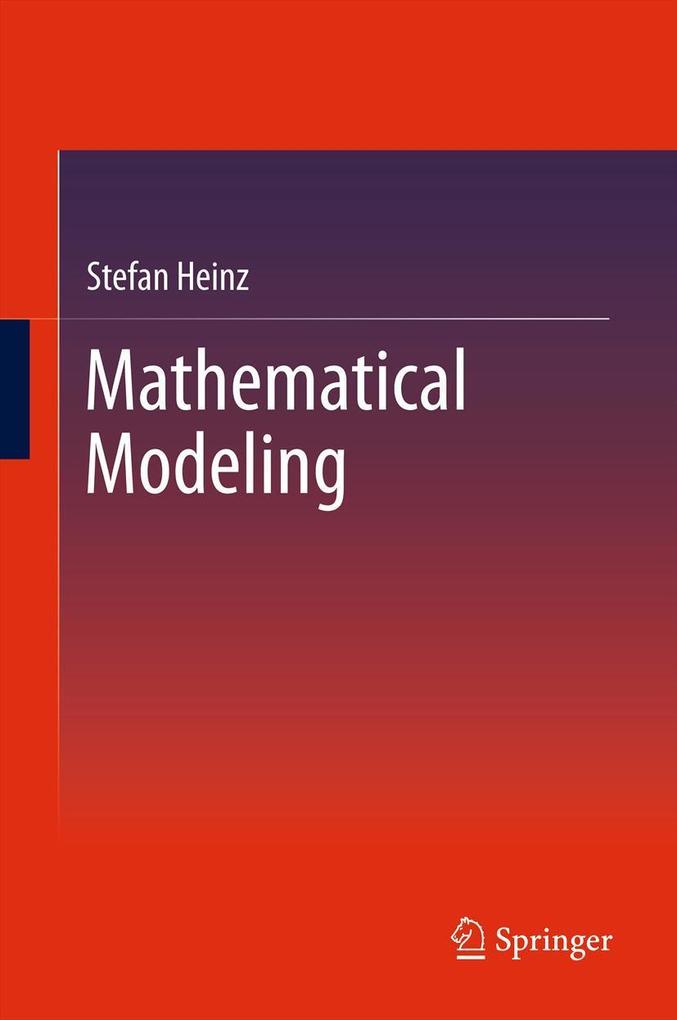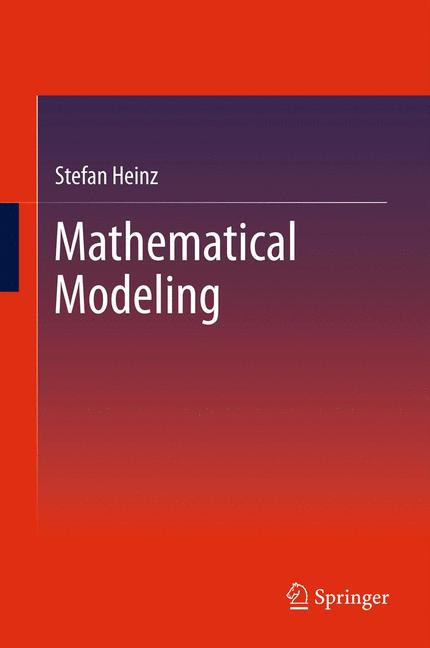From the reviews:
It is of special interest for a fluid dynamics audience since most types of models one would like to apply in fluid dynamic systems are introduced. Mathematical modeling is of great use as background reading material for any course on advanced fluid dynamics. A total of 570 exercise questions are organized in 220 problems . I strongly recommend the book to anyone wanting to acquire good understanding what mathematical modeling is about. (Dirk J. E. M. Roekaerts, Theoretical and Computational Fluid Dynamics, Vol. 27, 2013)
The book covers two primary types of modeling: deterministic and stochastic. The text can be used for a course at the undergraduate or graduate level. This course would be particularly beneficial to students outside of science and engineering. I like this book and recommend it as a text in mathematical modeling. I also recommend it for those studying turbulent fluid mechanics, stochastic vibration & structures, noise, meteorology, random data management, and stock market analysis. (Peyman Givi, AIAA Journal, Vol. 50 (12), December, 2012)
This book is aimed at advanced undergraduate and graduate students in mathematics who have a background in single and multivariable calculus, linear algebra, and ordinary differential equations. focuses on the construction of mathematical models, the derivation of analytical solutions to tractable models, and the qualitative analysis of the behavior of solutions to the less tractable models. The entire book could be covered in a two-semester sequence of courses at the graduate level. Summing Up: Recommended. Upper-division undergraduates and graduate students. (B. Borchers, Choice, Vol. 49 (5), January, 2012)
The book under review is aimed at students in mathematics, physics, engineering, biology, chemistry, economics, finance. well-written, generously illustrated, and contains many carefully explained examples that are often based on real data. Each chapter starts with a brief `Motivation section and concludes with a `Summary that emphasizes the most important ideas and techniques. This textbook nicely complements existing literature on mathematical modeling and can be used both as a main source or as a supplementary text in applied mathematics and mathematical modeling. (Svitlana P. Rogovchenko, Zentralblatt MATH, Vol. 1239, 2012)
It is a collection of examples of models with a large emphasis on engineering, the author s major field as well as the theme of its Springer series. this book may serve as a reference for those seeking examples of modeling in different specializations, or as a resource for exercises; several of the latter are at the end of each chapter. (J. David Logan, SIAM Review, Vol. 54 (3), 2012)













